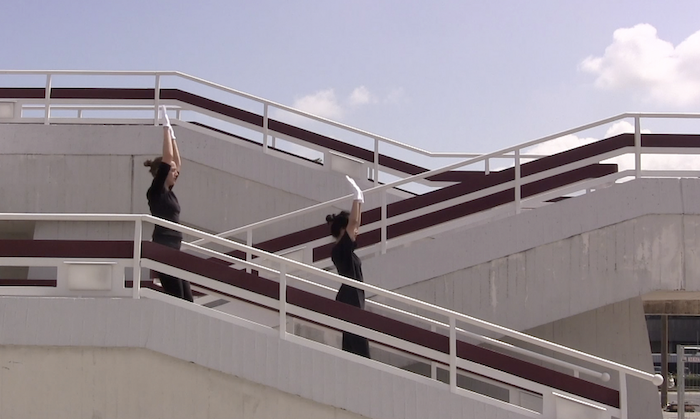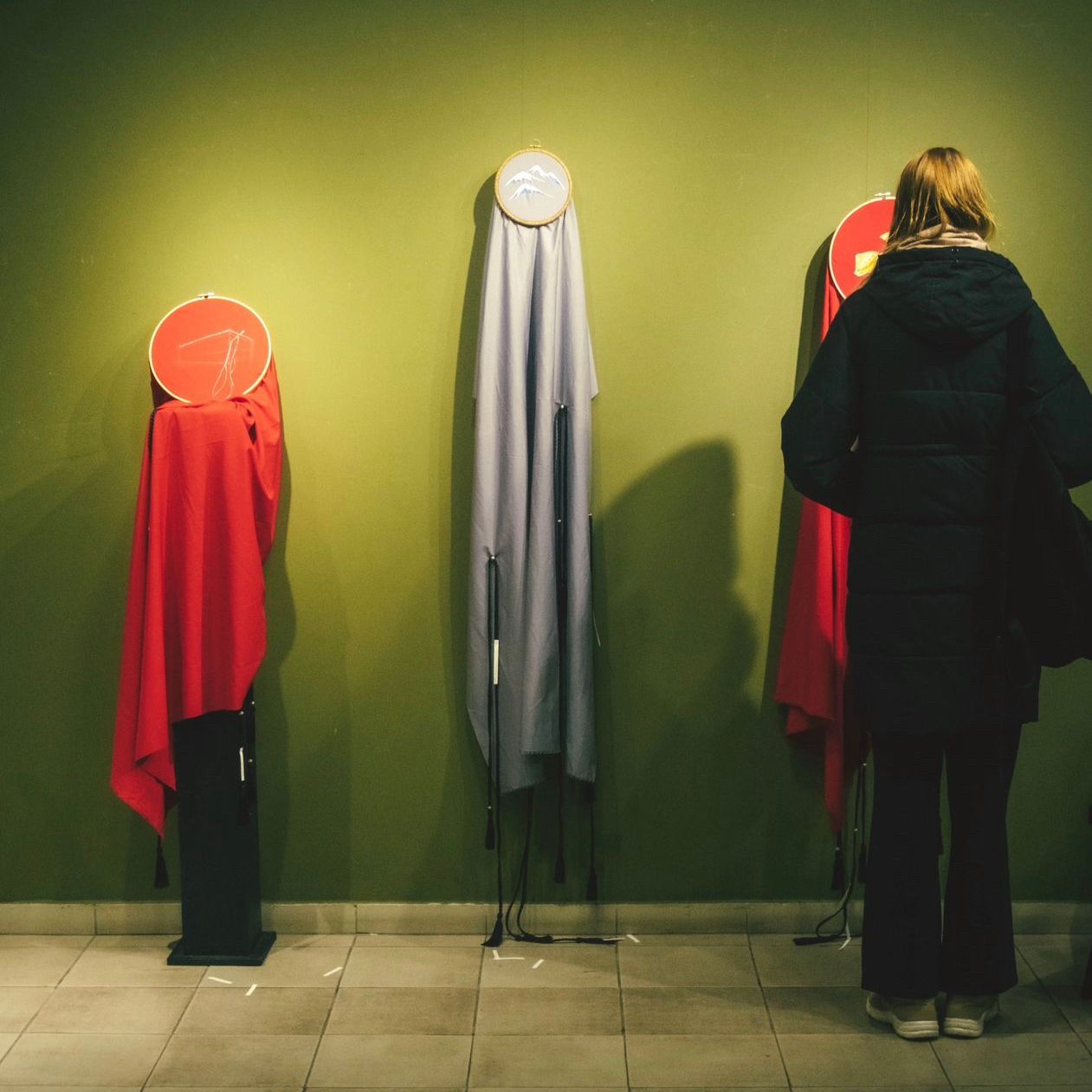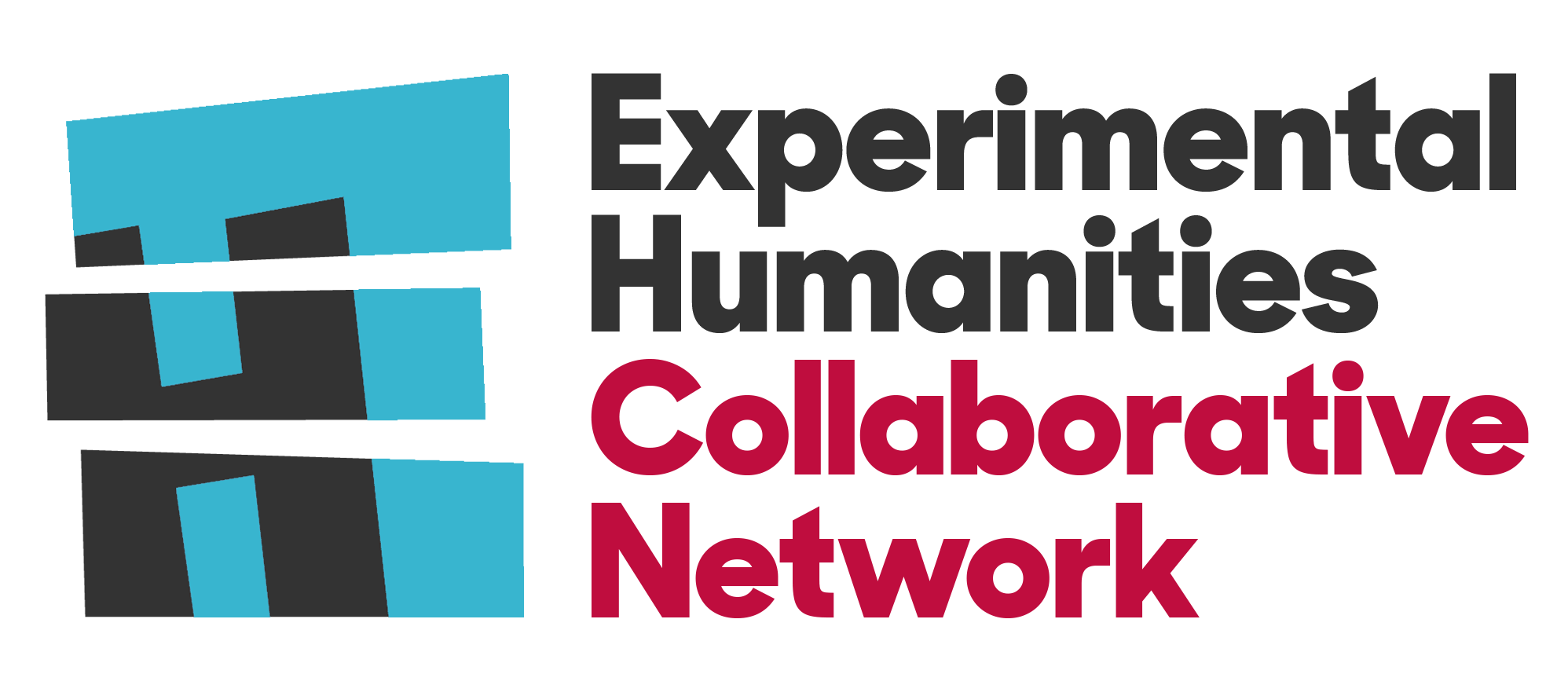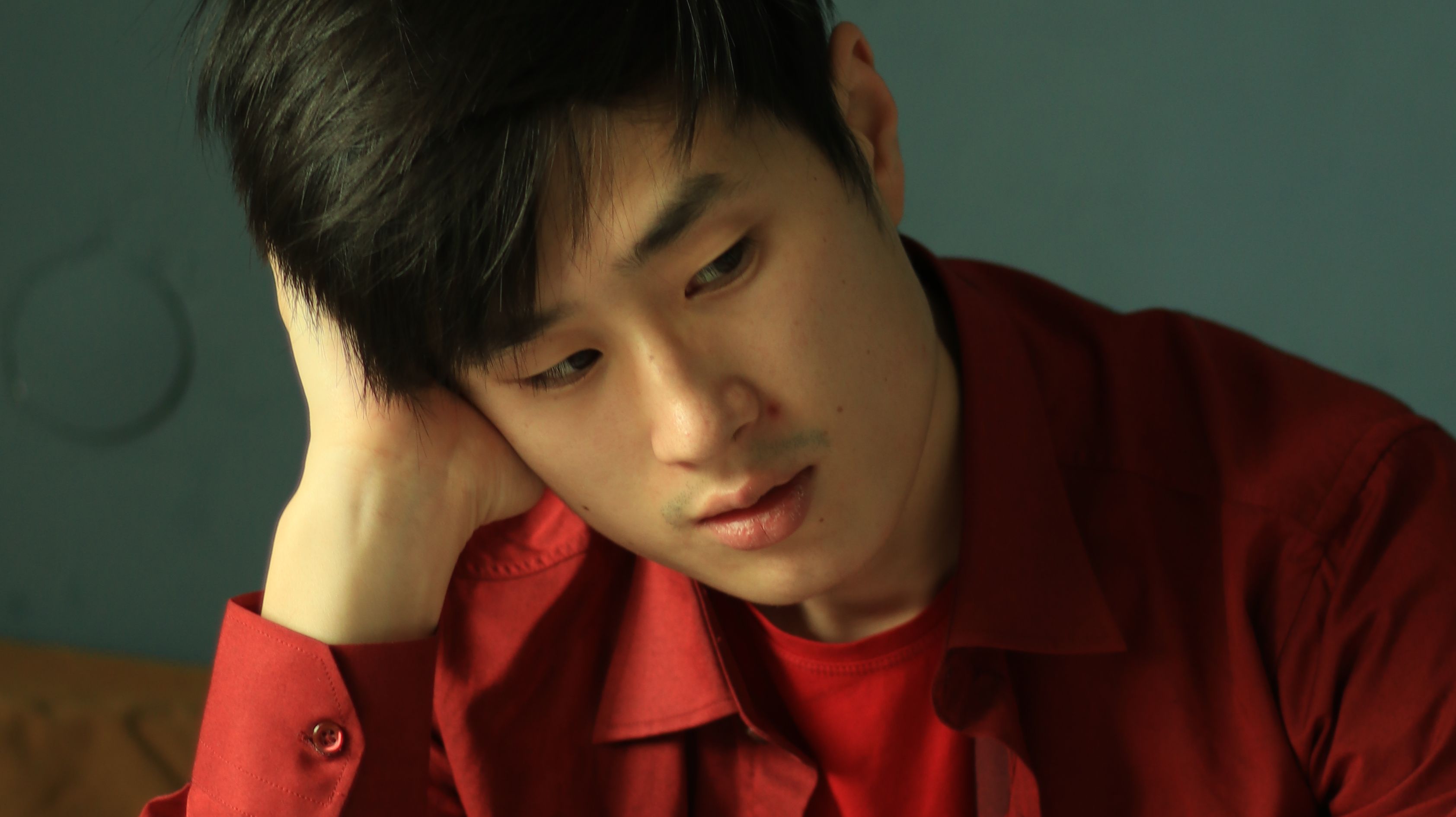
Welcome to Our new portfolio
WŎ (I)
The work format is a physical object installation with an overall size of 100 x 100cm.
Very often, people do not believe me or are at least surprised when they meet me because my name in the passport is not readily associated with the person who pronounces it.
Most frequently, I am mistaken for a Korean, and less frequently, for a Chinese. When I was a student, I was often viewed as a foreigner by many passers-by.
This situation has been familiar to me since childhood when our original names were occasionally replaced by more common Eastern names, and, in many cases, additional Russian names were added to them for easier pronunciation and remembrance.
All my neighbors referred to my grandfather as Uncle Misha (his real name was Tychan). My grandmother was often called Madina, but in her passport, she is listed as Moda (which doesn't relate to the fashion industry and holds its own meaning in the native language).
My father was given a name at birth that was not Dungan, but rather one that was more understandable for Kyrgyzstan - Davran. However, there were times when he was introduced as Dima, when others couldn't remember or pronounce his name.
I was named Ravshan in honor of one of our relatives from Tashkent. I didn't have a Russian name, but sometimes I shortened my name to just Ray when I met foreigners. Partly out of my love for the work of Ray Charles, but also out of my interest in Asian cultures where a similar name is also present.
Interestingly, the meaning of the name Ravshan (open, bright, sunny) has some resonance with Ray (ray).
It's challenging for me to say why we give ourselves names that are not Dungan. Is it to better adapt to the local culture? Is it for comfort, or do we simply like the names in circulation?
It's also challenging for me to determine the line between finding oneself in another country and striking a balance between respecting and accepting the characteristics of the local culture while preserving one's own identity. At the same time, I would hardly want to live in China, where Dungan culture is likely preserved to a greater extent, as my self-identification is closely connected with Kyrgyzstan.
Do we cease to be Dungans without our original names? Probably not. Do we lose something valuable with the loss of our proper names? I'm certain we do.





